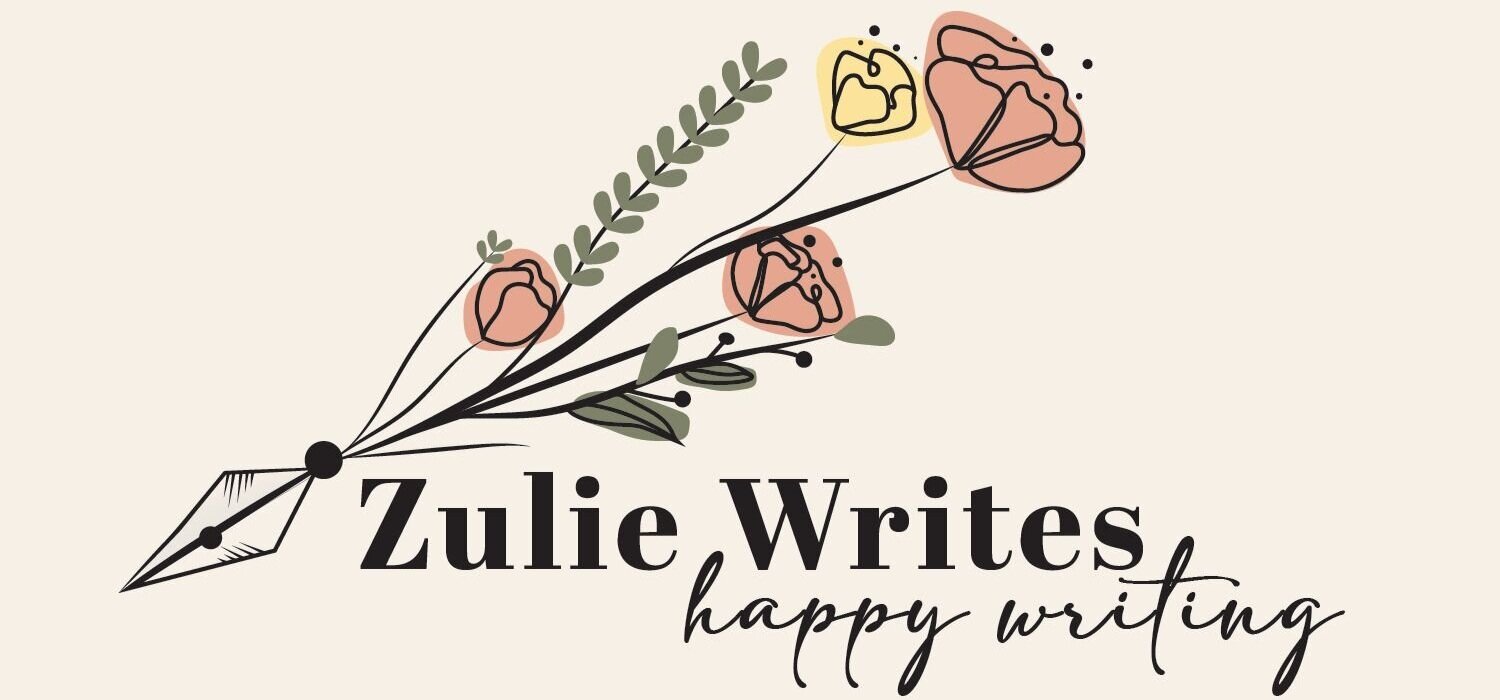7 Myths About Freelance Writing That Could Destroy Your Career
Writing for a living is hard. Don’t believe anyone who tells you otherwise. Your income will be variable. Your days can be lonely. And you’ll fight a pervasive belief from others and from yourself that you should be doing it all for free, purely for the love of writing.
In May 2021, I earned over $8,000 from freelance writing. But in October 2020, when I was just starting, I couldn’t have known all the mistakes I’d make that would nearly end my freelance writing career before it started.
Luckily, I managed to navigate them all. But if I were talking to 2020 baby freelancer Zulie, these are the freelance writing myths I’d tell her about.
Myth 1: Getting ghosted means you pitched too high.
The horrible dance of “what’s your rate?” and “what’s your budget?” hasn’t gotten easier for me. When I first started sussing out what my rates actually were, I had no idea what I was doing. (And sometimes I still don’t.)
The biggest freelance writing myth I faced to start was when I pitched a corporate client the highest rate I’d dared to dream of. She ghosted me.
I assumed that I’d simply overvalued myself and my work. I pared my rate back down to what I believed would be palatable. And one month later, I was shocked when another company offered to pay me 2x what I’d pitched the first corporate client.
I hadn’t overvalued myself. Companies have the budget to pay you. Some will pony up, and others won’t. That’s totally independent of what you’re worth.
Myth 2: Your network is not a resource.
“Hey, why don’t you send Toby a message and see if he has any work for you?” my friend Sarah said when I told her I had taken the freelance plunge. “He’s got a media agency he’s trying to get off the ground. He probably needs writers.”
“Um, if he needs me to do work, he’ll come to me!” I said, too nervous to even think about imposing on Toby like that.
“Does he even know you’re freelance?” Sarah asked patiently.
He didn’t. I girded my loins and sent the initial message. Tony was happy I’d reached out and offered me a few pieces that he wanted to get off his plate.
Your network wants you to succeed. And if they’re in the same circles you are, they probably have work for you. All you have to do is reach out.
Myth 3: It’s productive to check emails before starting work.
When I started freelance writing, I felt like I had to be on top of everything, as soon as it came in.
My morning routine was to roll out of bed and check my emails. Then, I’d work out, stressfully. I ate my breakfast, stressfully. And then I’d procrastinate working, also stressfully.
As soon as I checked my emails, I knew I had a pile of work to do and that knowledge was a huge burden that weirdly stopped me from working. It meant I couldn’t fully relax, because I knew there was stuff to do. And it didn’t really have an end date, because there was always more to be done.
I radically revamped my schedule. I don’t check emails until I’m ready to start work, and I don’t look at emails when I’m “done.” I also set aside a designated portion of my week to answer non-urgent emails, which lifts a lot of the pressure.
Myth 4: The digital nomad lifestyle means working on vacation.
My first two weeks of freelance living were actually on holiday, with my husband in Germany. I worked pretty steadily throughout.
I really thought that was it. I truly believed that for freelance writers, work-life balance meant writing articles on holiday.
It’s not true. The quality of my work suffered, and my stress levels went through the roof as I tried to enjoy myself while staying on top of my deadlines.
Now, I write articles and film videos in advance so I can continue my posting schedule. And I let my clients know when I’m taking time off.
Myth 5: You have to compare yourself to other writers.
One of my fellow writers scored an incredible gig, getting paid $2 per work. That’s $3,000 for a typical 1,500-word article, for those of you counting at home. The median monthly salary here in the States is about $3,000 — for a single article.
Around the same time, another of my writing pals had an article go viral, getting over 400,000 views.
And yet another writer successfully got her first book deal.
When I found out about these accomplishments, my first reaction was disappointment in myself. Why was I failing? How come I couldn’t get those opportunities? Why did I suck so hard?
Honestly, I nearly gave up because at that point, I preferred to labor in corporate mediocrity than try and fail to reach the same heights as my peers. But I learned instead to use comparison as motivation. If my friends were getting the opportunities of their life, then I could too.
(Plus, one of my writing peers contacted me to ask how I was doing so well when I felt like an abject failure — it helps to remember it’s all a matter of comparison.)
Myth 6: You should say yes to all work.
“Can you write a 1,500-word press release for my new super important product? I know you’re worth $1,000, but we only have a budget for $100 since we’re a startup!”
Yes!
“Would you like to be a contributor for our magazine? Pay is low now, but with your contributions, we’re confident it will grow!”
Yes!
“Can you write a technical guide on how to use this product you’ve never used before?”
Yes!
I said yes to every opportunity that came my way, without regard for payment or fit. I was a perpetual optimist: this opportunity would grow, or it would help me get a referral, or it would lead to something bigger.
It never did. I was working a ton, while writing things I didn’t love or have much to say about. My earnings were low. I thought about giving up.
Finally, the day came when a brand reached out to me with a legitimate opportunity and I had to turn them down because I was overbooked with meaningless, underpaid work. From that moment on, I was much more judicious in what I said yes to.
Myth 7: Sleep is for weaklings.
When submitted drafts to clients, I am used to getting feedback like, “Wow, Zulie, this is just what I wanted!” and, “Perfect Zulie, just need you to edit a few things and we’re set.”
I am not used to hearing, “Hey Zulie, based on your outline, I think this is a little outside your wheelhouse. Want to have another crack at this, or pass it on to someone else?”
My fatal flaw? Assuming I could create quality work for my clients on little sleep. I’d stayed up till 1 AM reading a book and woke up at 7:30 to start work. Then I drafted a half-assed garbage outline that had nothing to do with the brief. Understandly, the client wasn’t very pleased.
Despite drinking a lot of coffee, my work was impaired and not close to my usual standard. Maybe at my old job, I could go through the motions and dial it in, but as a freelancer, I have to be sharp and on top of every piece of work I put out. It sounds basic, but learning to prioritize sleep was a novelty for me. It paid off, though.
I thought I had to hustle, grind, and work my little typing fingers to nubs to be a successful freelancer. Those are the worst freelance writing myths and they nearly caused me to crash and burn.
In a way, those freelance writing myths are easier to believe than the truth: that I had to value my own work, rely on my network, take time off on a daily and monthly basis, turn down some opportunities, stop being jealous of other writers, and just get some solid sleep.
I’m not an expert, and I don’t have it all figured out. But setting aside these seven freelance writing myths has helped me live a genuinely happier, more balanced, and frankly more profitable life as a freelance writer.

